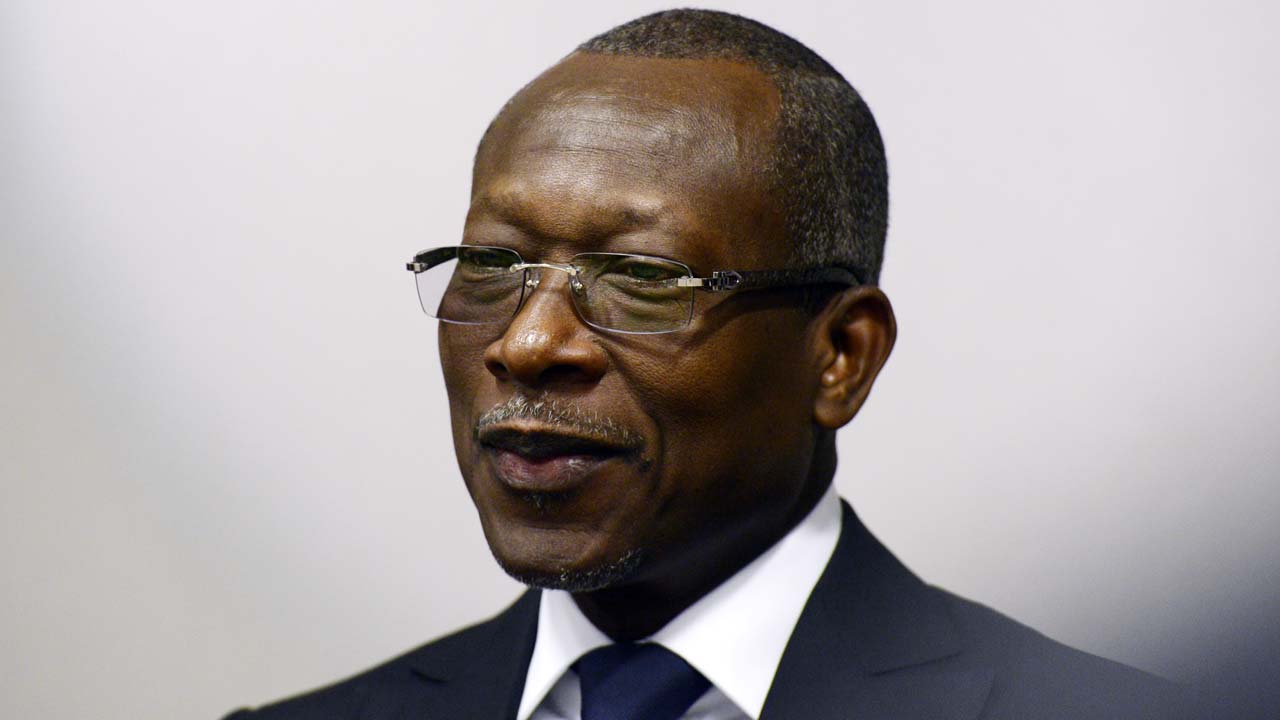The Human Rights Writers Association of Nigeria (HURIWA) has commended the Independent National Electoral Commission (INEC) for what it described as a landmark exercise in electoral fairness and transparency, following the recent delineation of the Warri Federal Constituency in Delta State.
The constituency, which comprises Warri South, Warri West and Warri South-West local government areas, has been the focus of a long-standing legal and political dispute over boundaries and representation. INEC’s latest action, executed in accordance with a 2022 Supreme Court judgment, appears to have resolved many of the grievances.
In a statement signed by its National Coordinator, Emmanuel Onwubiko, HURIWA described the delineation process as a significant step forward in Nigeria’s democratic evolution. The group said INEC’s strict adherence to legal directives and its open engagement with community stakeholders marked a notable break from what it called “the culture of impunity and political manipulation” that has long plagued Nigeria’s electoral landscape.
According to the group, the inclusion of traditional rulers, ethnic leaders, and community representatives from the Urhobo, Itsekiri and Ijaw groups in the delineation process demonstrated INEC’s commitment to fairness and respect for grassroots legitimacy.
HURIWA welcomed the allocation of 10 wards to the Ijaw people in Warri North, calling it a long-overdue correction of historical imbalances. It said such adjustments were essential to dismantling systemic marginalisation and ensuring equal political representation for all communities.
“The courage shown by INEC in correcting historical imbalances in political representation is commendable and exemplary,” the association said. “For the first time in decades, communities in Warri Federal Constituency can breathe a collective sigh of relief, knowing that their votes will count equally and their identities will no longer be suppressed under arbitrary administrative designs.”
The association also praised the peaceful demonstrations held by members of the Ijaw community in support of the delineation. It said the protests reflected a growing maturity within Nigeria’s democratic culture—one defined by lawful engagement rather than confrontation.
“This is a beautiful example of democratic activism anchored in peace and principle,” HURIWA noted, contrasting it with the political thuggery that has often marred election seasons in the country.
While praising INEC’s boldness, the group cautioned against attempts by political actors to sabotage the outcome of the delineation through misinformation or covert manoeuvres. It urged the Commission to maintain its resolve and called on law enforcement agencies to provide adequate security for both electoral officials and the affected communities.
“The integrity of this process must be protected at all costs,” HURIWA warned, urging the Nigeria Police, the Department of State Services (DSS), and other security agencies to clamp down on any incitement to violence or ethnic tension arising from the delineation.
The organisation reaffirmed its support for electoral reforms rooted in justice, inclusivity, and equal representation. It concluded by hailing INEC’s efforts as a demonstration of what Nigeria’s democratic institutions can achieve when guided by the rule of law.
“This delineation is a triumph of justice over manipulation, of fairness over suppression,” the statement read. “It gives hope to marginalised communities across Nigeria that change is possible within the framework of the rule of law. We applaud INEC for doing the right thing. This is the pathway to a stronger, fairer Nigeria.”





